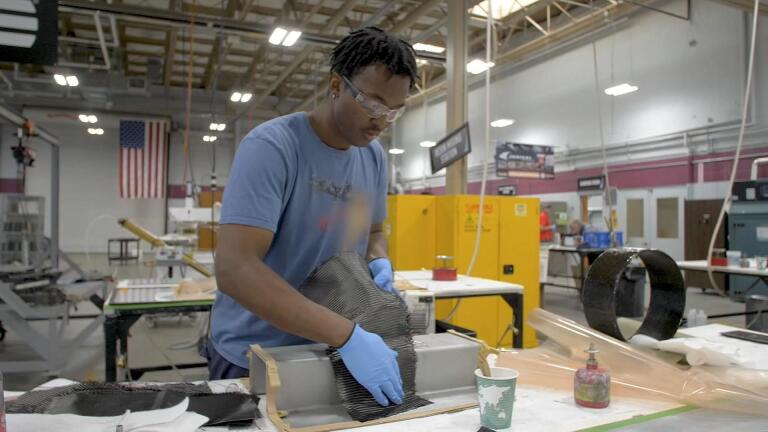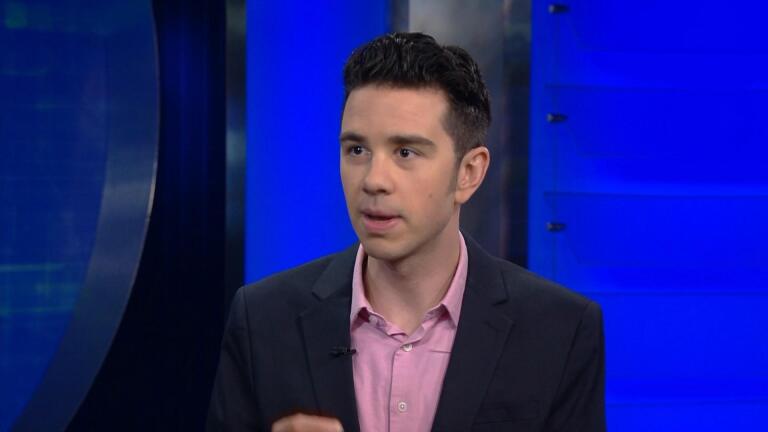Back to Show
SciTech Now
More efficient models for environmental sustainability
According to the World Health Organization, the percentage of the world's population living in urban areas will continue to grow in the upcoming decades. Kartik Chandran from Columbia University in New York City joins Hari Sreenivasan to discuss ways to help us leave a friendlier chemical footprint on this earth by changing the way we deal with food waste, sewage, and even human remains.
Support Provided By
Season

27:16
Impactful tech tools; Improving critical thinking; Concussion sensors; Conserving water

27:16
A giant aquifer; Working with composites; Skin cancer detection; Citizen science in Alaska

26:46
Learning about language; Future of eye care; Cleaning beaches; Unpacking climate change

26:46
A remarkable NASA engineer; Spider silk; A wristband that measures cells; Printing homes

26:46
Cryptocurrencies and blockchain; PFAS; Bacteria art; Frogs in the environment

27:16
Bias in AI Technology; Turning water back on; Automotive tech industry; Science of seasons

27:00
The mysteries of gravity; Indoor farming; Squid eyes; A unique high school tech class

26:49
Image of a black hole; Tech driven education; Gull colonies; Hands on learning in tech

26:46
Lab grown meat; Concerns over screen exposure; Making skyscrapers earthquake safe

26:46
The history of paternity science, tech driven education, and restoring seal sight.

26:46
Phone payment solutions; technology in schools; chemistry of cuisine; personal turbines

26:46
In this episode, emojis; arctic drones; water protection; algae blooms in the Great Lakes.











